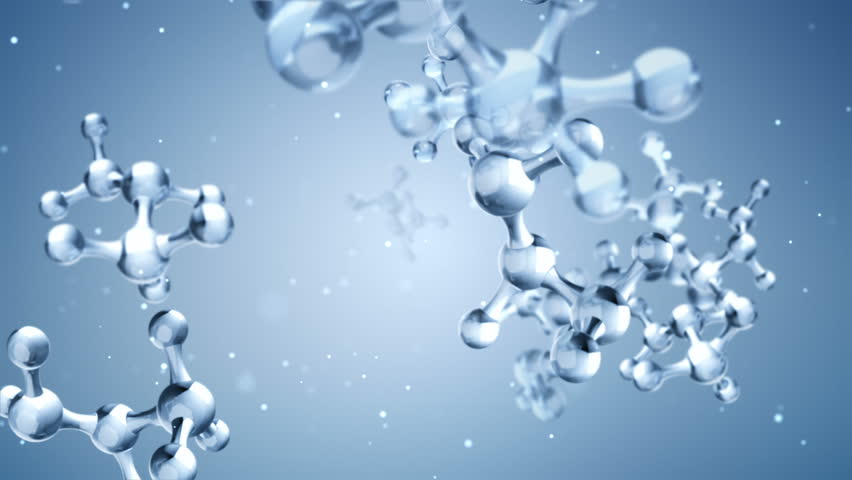Back to Main Navigation
How do you see imaging/pathology transforming the development of novel therapies?
"Many emerging patient selection biomarker approaches call for tissue assessments of at least an archived biopsy, with a majority requiring pre and post-treatment biopsies to monitor pharmacodynamic (PD). The use of immunohistochemistry-based biomarkers to deliver quantitative and analytical data serves many roles in this area of drug development. Notably, the spatial profiling of immune cells important for predicting patient response in immuno-oncology can only be done in the tissue pathology setting. The significant data content in these tissue images and the analytical power required to create the discriminatory data needed for decision making can only be achieved through pathology image analysis approaches."
"Collectively, AI techniques which can help identify potential new biomarkers by mining complex datasets, or even add new information/meaning to an existing biomarker approaches. In precision medicine, large AI-created and AI-mined datasets can be tied to the clinical outcomes observed, and ultimately, the field believes that using AI to mine combinatorial sets containing genomic, proteomic, and pathology endpoints may yield the most effective precision medicine approaches. With data-centric approaches leading so many aspects of business, entertainment, health care, and invention, the field has created the infrastructure to support the large data and computational loads and can develop the application-specific approaches to solve the specific problem. Now, we just need time spent by expert innovators in drug development and data science fields to begin to demonstrate the real world value of these approaches."
"Nikola Tesla. It is hard to tell if he was a genius, insane, or both. His advances in the field of electromagnetism were so far advanced for the time, we are only really understanding now how some of his craziest ideas could come to reality (such as wireless transmission of power). The “war of the currents“ (AC/DC) between Tesla/Westinghouse and Edison in the 1880s is a fascinating story of science, business and politics. In the end, Tesla’s good science won and we use AC current today, even though Edison had come close to defeating Tesla with politics and media despite the science being inferior."

